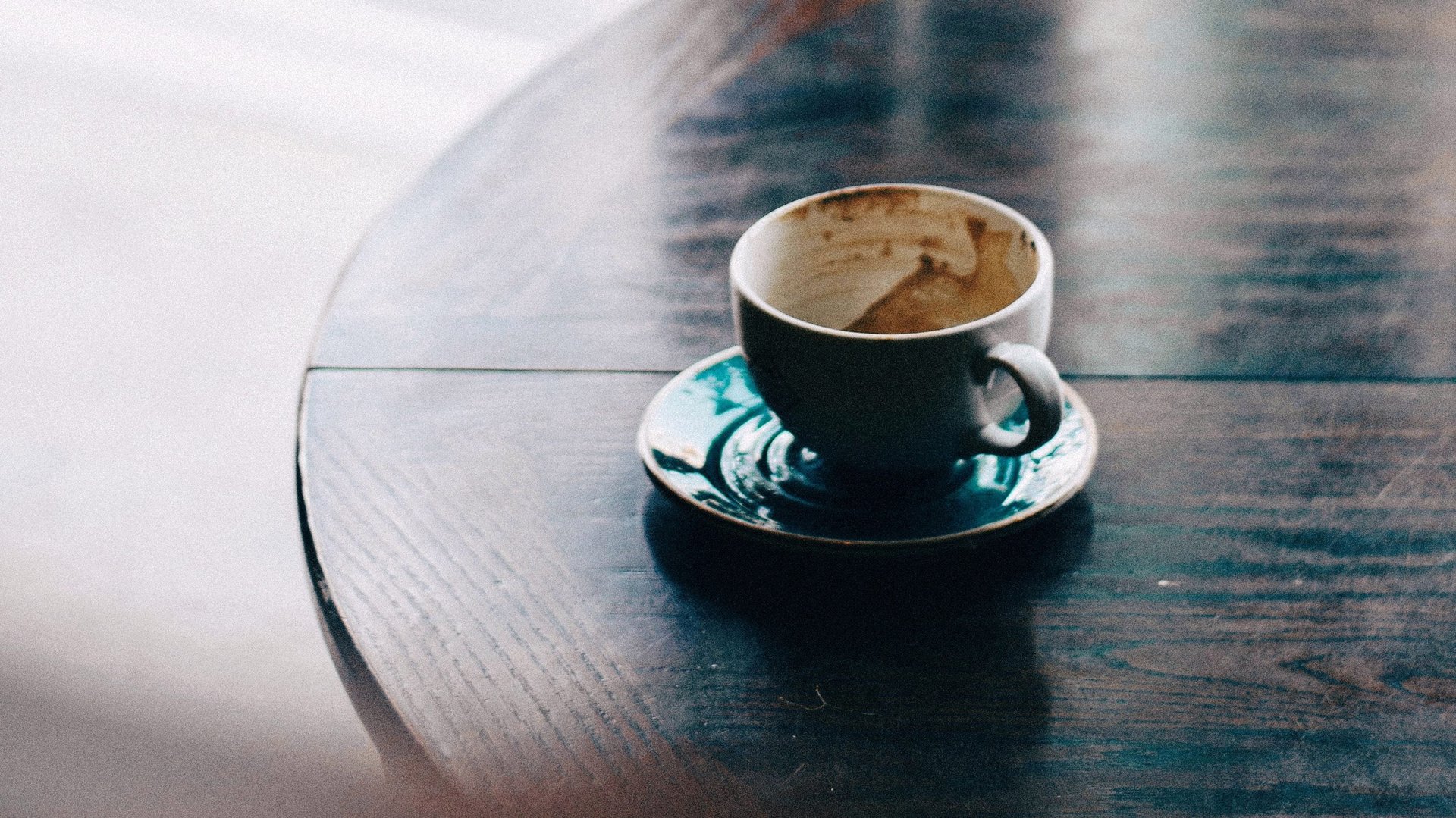Science shows our brains have adapted to like coffee’s bitter flavor
The fact that coffee tastes bitter is actually a sign. The bitter flavor evolved as a natural warning trigger for our bodies to steer away from potentially harmful substances.


The fact that coffee tastes bitter is actually a sign. The bitter flavor evolved as a natural warning trigger for our bodies to steer away from potentially harmful substances.
And yet coffee is among the most widely consumed beverages around the world, right next to tea and beer. Further, according to a new study published this week in the journal Scientific Reports, the more sensitive people are to the bitter taste of caffeine, the more coffee they drink.
“Coffee consumers acquire a taste or an ability to detect caffeine due to the learned positive reinforcement elicited by caffeine,” the researchers behind the study say in a statement.
In other words, your coffee might taste bitter, but your body has learned that the bitterness is followed by the reward of stimulation.
As part of their work, scientists with Northwestern University and the QIMR Berghofer Medical Research Institute in Australia teamed up to analyze previous research that cumulatively involved nearly 439,000 participants who underwent taste-testing exercises and other trials across multiple studies. The researchers compared reactions to bitter flavors produced by caffeine, quinine, and propylthiouracil (found in some medications and also known as PROP).
“While the perception of caffeine demonstrated the largest magnitude of association, its direction of effect was opposite to the other two bitter substances PROP and quinine,” the study states.
People wanted more caffeine after tasting the bitter flavors associated with it. Conversely, they wanted less quinine and propylthiouracil. The desire for coffee was most notable among people who were already heavy coffee drinks, meaning they generally drank more than four cups a day.
Not mentioned in the study, but of note given the topic, is that coffee brewing is widely considered a science as much as it is an art. In many cases, the bitterness of a cup is all about timing, coffee grind sizes, water temperature, and quality equipment. It is possible to engineer a cup of coffee in which its floral and spice notes elevate above the bitter flavorings that might turn some people off.
The study suggests that bitter tastes can play a role in the development of bitter beverage consumption, the researchers wrote. It might just all boil down to what the brain learns to expect from those bitter beverages once people ingest them.